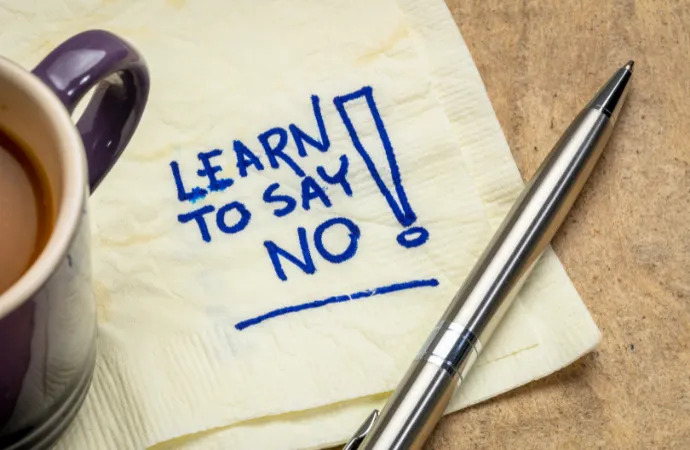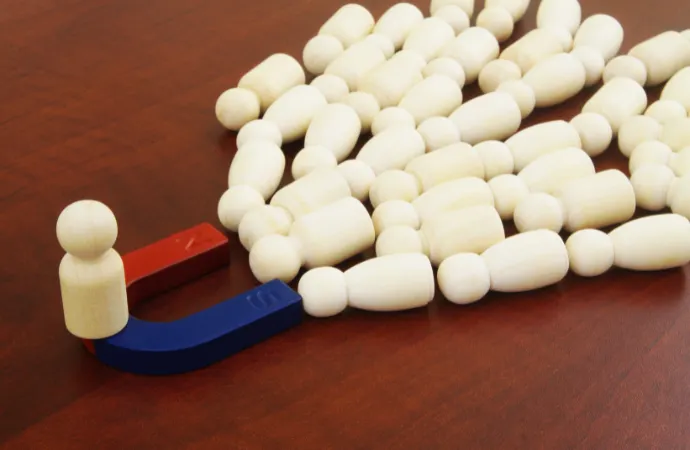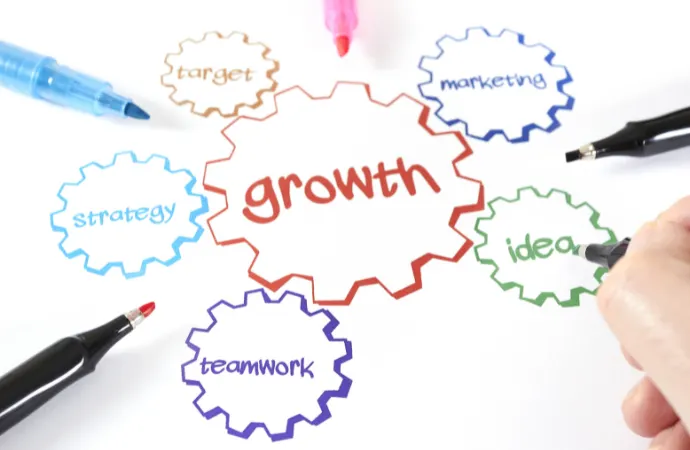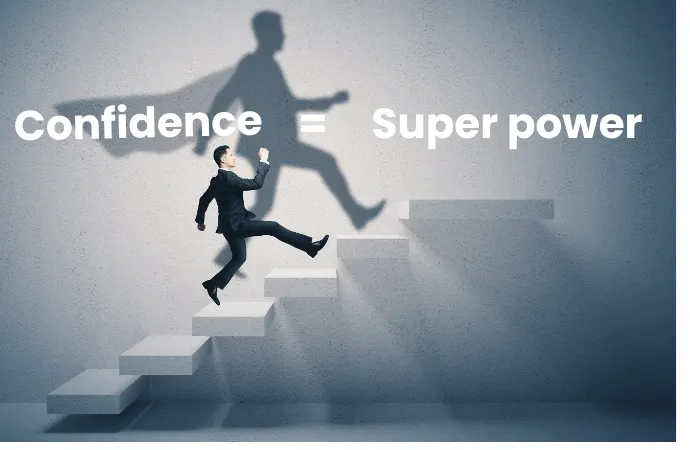5 Science Backed Ways To Boost Your Confidence in 30 Days
By: Pratishtha Bhalla,
Founder: Coachista,
Leadership and Wellness Coach
"Confidence is not 'they will like me.' Confidence is 'I'll be fine if they don't.'"
— Unknown
Confidence isn’t just a personality trait—it’s a skill you can build. And in today’s fast-moving world, where self-doubt and imposter syndrome run rampant, knowing how to cultivate confidence is more crucial than ever.
The good news? You don’t need to be born with it.
Confidence is a learnable behavior, backed by psychology, neuroscience, and real-world success stories.
So, if you’ve ever felt held back by fear, hesitation, or self-doubt, these 5 proven strategies will rewire your mindset in just 30 days.
1. Master Your Strengths (And Own What You Don’t Know)

Science says: Confidence thrives on competence. Research in Psychological Science shows that people feel most self-assured when they deeply understand a subject.
How to apply it:
✔ Identify your strengths – What are you naturally good at? Where do others seek your advice?
✔ Fill knowledge gaps – If you’re unsure about something, say, “I don’t know yet, but I’ll find out.” (No shame—even experts Google things!)
✔ Speak with authority on what you know – Avoid hedging language like “I think…” or “Maybe…” when you’re certain.
Pro Tip: Keep a "Confidence Journal" where you log small wins and expertise moments. Over time, this builds unshakable self-trust.
2. Rewire Your Brain with the "Success Anchoring" Technique (NLP Hack)

Science says: Your brain can recreate past confidence in new situations. Neuro-Linguistic Programming (NLP) studies show that anchoring—linking a confident memory to a current challenge—boosts self-assurance.
How to apply it:
1️⃣ Recall a past success (e.g., acing a presentation, nailing an interview).
2️⃣ Relive it vividly – What did you see, hear, and feel? (e.g., audience applause, your steady voice, pride.)
3️⃣ "Anchor" it – Press your thumb and forefinger together as you relive that memory.
4️⃣ Trigger it in nervous moments – Before a big meeting? Activate your anchor (finger press) to summon that same confidence.
Do this daily for 30 days—your brain will start associating challenges with automatic confidence.
3. "Fake It Till You Make It" (Backed by Harvard Research)

Science says: Your body language doesn’t just reflect confidence—it creates it. Harvard psychologist Amy Cuddy’s research proves that "power poses" (open, expansive postures) increase testosterone (confidence hormone) and reduce cortisol (stress hormone).
How to apply it:
✔ Stand like a superhero – Hands on hips, chest open for 2 minutes before high-pressure moments.
✔ Adopt a "confident persona" – Ask: How would the most confident version of me act right now? Then do it.
✔ Smile (even if forced) – Studies show smiling tricks your brain into feeling happier and more assured.
Key Insight: You don’t fake confidence—you practice it until it becomes natural.
4. Say "No" Without Guilt (And Handle Rejection Better)

Science says: People who set boundaries are perceived as more confident, per Journal of Personality and Social Psychology. Plus, accepting rejection builds emotional resilience—a core trait of confident people.
How to apply it:
✔ Practice saying no – Start small (e.g., “I can’t take on this extra task, but I appreciate the ask.”)
✔ Reframe rejection – Every “no” is a redirection, not a failure. (Elon Musk got rejected by SpaceX 3 times before NASA said yes!)
✔ Detach from approval – Confident people don’t need everyone to like them.
Try this: Rejection exposure therapy – Purposely get rejected once a week (ask for a discount, pitch a bold idea). You’ll realize it’s not life-ending.
5. Accept Compliments Like a Pro (Stop Undermining Yourself)

Science says: How you respond to praise shapes your self-worth. A University of Michigan study found that people who gracefully accept compliments report higher long-term confidence.
How to apply it:
❌ Don’t: “Oh, it was nothing!” (Dismissing praise = telling your brain you don’t deserve it.)
✅ Do: “Thank you—that means a lot!” (Own your wins.)
Challenge: For 30 days, write down every compliment you get. You’ll see proof of your worth—no more impostor syndrome.
Final Thought: Confidence Is a Daily Practice
Confidence isn’t a switch you flip—it’s a muscle you train. In 30 days, by:
- Leveraging your strengths
- Anchoring past successes
- Power-posing like a boss
- Embracing "no"s
- Owning compliments
…you’ll rewire your brain to default to confidence.
Your move: Pick one tactic today and commit to it. Small steps → big transformation.
Which strategy will you try first? Drop a comment below!









